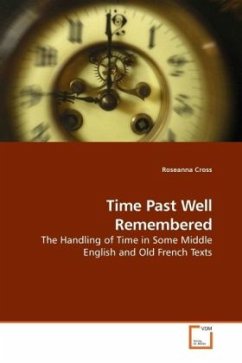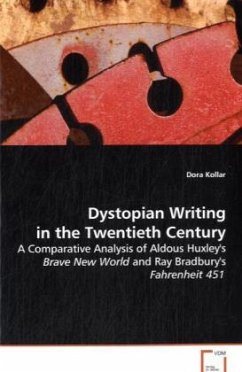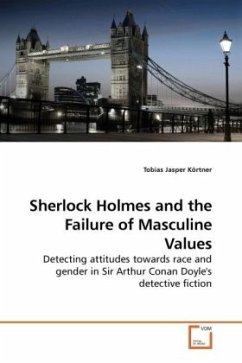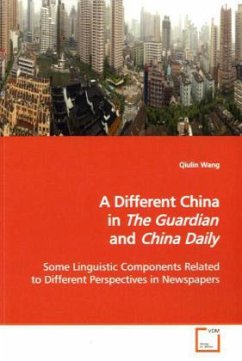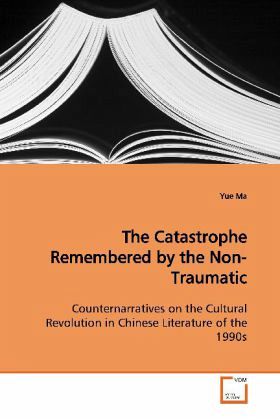
The Catastrophe Remembered by the Non-Traumatic
Counternarratives on the Cultural Revolution in Chinese Literature of the 1990s
Versandkostenfrei!
Versandfertig in 6-10 Tagen
39,99 €
inkl. MwSt.

PAYBACK Punkte
20 °P sammeln!
After its demise in 1976, the Cultural Revolution has been conventionally portrayed as an era of political persecution, a cultural desert, an ascetic regime, and a decade of total chaos. Contested memories of this period, however, appeared in literary writings of the 1990s: memories that placed in the foreground self-motivated learning, sexual indulgence, juvenile adventure and mundane living. Remembering the Cultural Revolution from the perspectives of the non-traumatic, these narratives allowed certain social groups and individuals to forge new identities beyond that of the political victim....
After its demise in 1976, the Cultural Revolution
has been conventionally portrayed as an era of
political persecution, a cultural desert, an
ascetic regime, and a decade of total chaos.
Contested memories of this period, however, appeared
in literary writings of the 1990s: memories that
placed in the foreground self-motivated learning,
sexual indulgence, juvenile adventure and mundane
living. Remembering the Cultural Revolution from the
perspectives of the non-traumatic, these narratives
allowed certain social groups and individuals to
forge new identities beyond that of the political
victim. While sharing a common gesture of redeeming
personal histories from a collective past, these
narratives were used in various ways to serve the
needs of the present. In different cases, the
construction of an alternative reality of the
Cultural Revolution could serve as a coping strategy
that fulfils personal or psychological needs, as a
means to legitimize new intellectual trends, as a
way to boost an emerging cultural fashion, or as a
weapon with which cultural agents contend for
positions in a drastically restructured cultural
field.
has been conventionally portrayed as an era of
political persecution, a cultural desert, an
ascetic regime, and a decade of total chaos.
Contested memories of this period, however, appeared
in literary writings of the 1990s: memories that
placed in the foreground self-motivated learning,
sexual indulgence, juvenile adventure and mundane
living. Remembering the Cultural Revolution from the
perspectives of the non-traumatic, these narratives
allowed certain social groups and individuals to
forge new identities beyond that of the political
victim. While sharing a common gesture of redeeming
personal histories from a collective past, these
narratives were used in various ways to serve the
needs of the present. In different cases, the
construction of an alternative reality of the
Cultural Revolution could serve as a coping strategy
that fulfils personal or psychological needs, as a
means to legitimize new intellectual trends, as a
way to boost an emerging cultural fashion, or as a
weapon with which cultural agents contend for
positions in a drastically restructured cultural
field.



